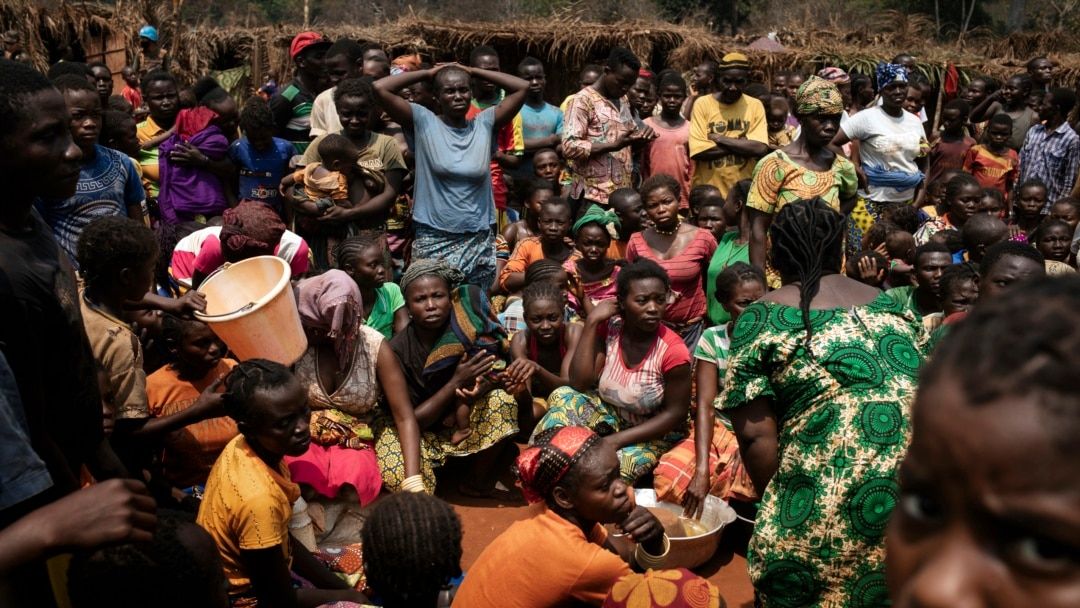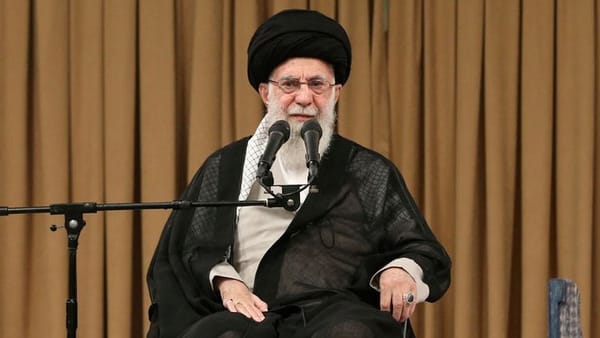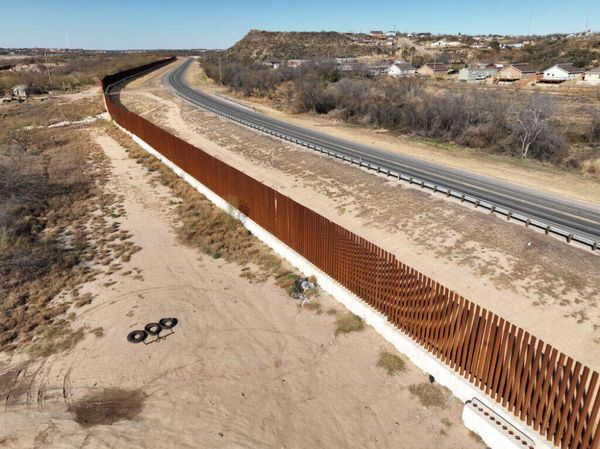Africa's Political Instability, Implications
Since the early 1960s, when most of the African countries began to achieve independence, more than fifty coups have taken place in the continent and not less than eight (8) recent coups have occurred between 2019 - 2023.

The Chatham House earlier this year reported that some key African Countries like Nigeria and South Africa already had their economy struck with increased debt burden and all these have caused inflation not excluding economic hardship on their citizens.
Political instability has become endemic to Africa, especially when it is one of a violent nature, as it tends to diminish the productivity, as well as the transactional capacities of any economy. Since the early 1960s, when most of the African countries gained independence, more than fifty coups have taken place on the continent and not less than eight (8) recent coups have occurred between 2019 - 2023.
In recent times, coups have been the new escape route for the African people. For Gabon, in her last elections, an announcement by the state election body that President Ali Bongo Ondimba had won a third term in office spurred a group of military officers who announced a takeover of power and an annulment of the results which they claim lacked credibility in the disputed elections.
Niger, a unitary state, bordered by Chad to the east, Nigeria to the south and Mali to the west had members of Niger's presidential guard detaining President Mohammed Bazoum, inside his palace and appeared on national television saying they were seizing power to end the country's supposed deteriorating security situation and bad governance.
Similarly, in Burkina Faso, the army ousted the president, blaming him for failing to contain violence perpetrated by Islamist militants in January 202. The coup leader, Lieutenant Colonel Paul-Henri Damiba pledged to restore security, but attacks worsened, eroding morale in the armed forces that led to a second coup in September 2022, when the current junta leader, Captain Ibrahim Traore seized power.
This rise in political decay and instability has significantly affected economic development with adverse consequences for investment and future economic growth. This is largely due to the fact that the relationship between political instability and economic growth flows in either direction, that is, political instability results in low economic growth and vice versa.
The consequences of political instability have had a significant impact on the destruction of infrastructure in Africa. According to the World Bank, the four economic development indicators - income per capita, life expectancy, access to safe water, and gross primary enrolment dropped to 3.6% in 2022 from 4.1% in 2021 and is expected to dip to 3.1% in 2023 across Africa.
The disruption of trade and commerce has also negatively impacted investment and tourism as a result of too many suboptimal macroeconomic policies, flagged by short-sighted policy makers.
Spotlighting Nigeria
The wave of political instability has been in the Nigerian political sphere for a long time, affecting the unity and peaceful co-existence of her citizens. In fact, Nigeria, often regarded as the “giant of Africa”, has been through varying stages of conflict and violence.
Statista reported that confrontations between Boko Haram, a terrorist group, with bases in Northern Nigeria and the Nigerian State, provoked over 34 thousand deaths between 2011 and 2023. This group is also responsible for several deaths in Cameroon, Chad, and Niger. Borno state is regarded as one of the most threatened states by the terrorist group. Incidentally, the kidnapping of 276 female students from a secondary school in Borno in 2014, received a global response and as of April 2021, over 100 girls were still missing, with six students believed to have died.
Nigeria's security threats since independence have been largely internal rather than external. This suggests that the country's security threats are primarily caused by internal political and economic factors ranging from increased terrorist activities by Boko haram, killer herdsmen or bandits, not to mention rising secessionist agitations in the southeast and southwest regions of Nigeria.
Several factors contribute to the effects of political instability but a major crisis for Nigeria is its stunted economic growth. By the Nigerian Gross Domestic Product Report Q2 2023, published by the National Bureau of Statistics (NBS), it was stated that economic growth slowed in the second quarter of 2023 and this growth rate is lower than the 3.54 percent recorded in the second quarter of 2022 which may be attributed to the challenging economic conditions within the year.
Although the NBS recently said that the unemployment rate in Nigeria which was at 5.3% in the Q4 2022 has declined to 4.1% in Q1 2023 which according to the agency aligns with the rates in other developing countries where work, “even if only for a few hours and in low-productivity jobs'', is considered as being employed but does not align with the high rate of unemployment recorded amongst young people.
The changes in commodity prices especially fuel, occasioned by the fuel subsidy removal during the inauguration earlier this year has had a debilitating effect on citizens. The steep rise in inflation nationwide and the adverse impact of the subsidy removal made the prices of food and transportation skyrocket beyond the usual. Likewise, high interest rates, stock market crashes, and major epidemics such as Lassa fever are not excluded.
Conclusively, for Africa to achieve economic growth ,it is imperative to stabilize the governance system and address the major problems afflicting the continent, especially insecurity. Bold reforms are also pertinent to address these issues and create a conducive environment for economic development.





